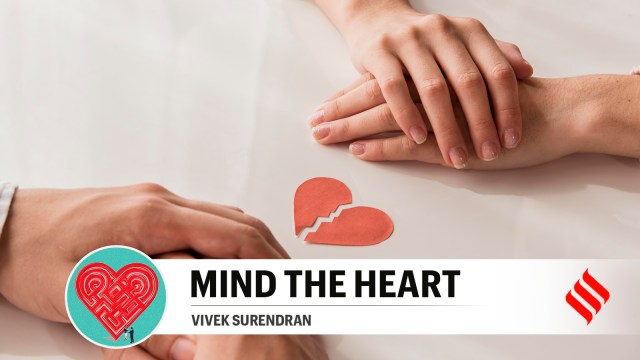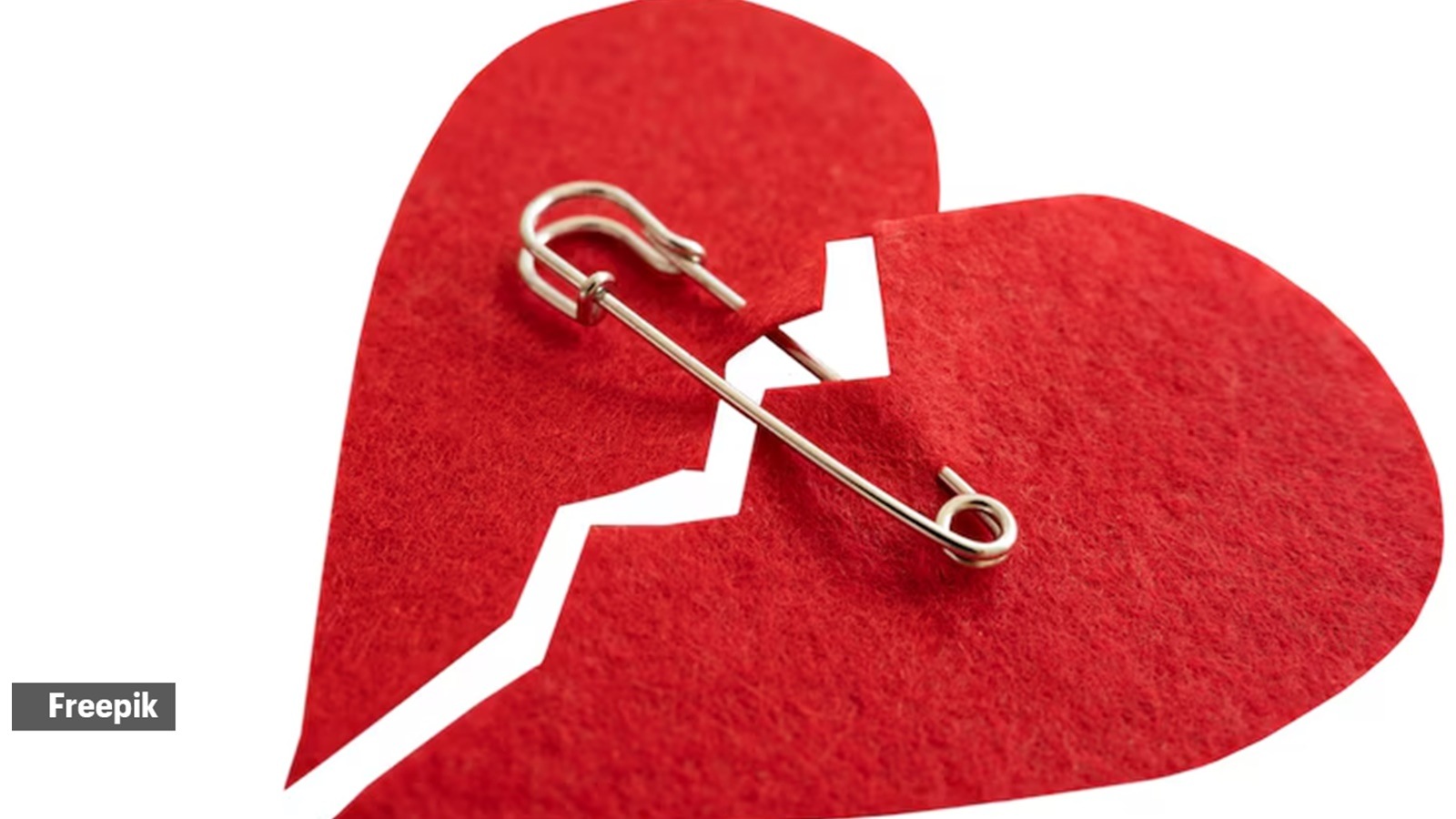📣 For more lifestyle news, click here to join our WhatsApp Channel and also follow us on Instagram
‘I thought relationships ended with fights. Then I learned the truth about drifting apart’
Breakups, friendships, even family bonds –– sometimes they don’t explode, they dissolve. This is what it feels like when connection disappears quietly.
 Why do people drift apart? (Source: Freepik)
Why do people drift apart? (Source: Freepik)I was numb the first time I watched Like Crazy (2011), but didn’t really understand why. A friend and I sat side by side, watching this couple, completely wrapped up in love, drift in and out of each other’s lives. The movie ended with them getting married, moving in. We shrugged. Pointless. Boring. We passed the chips and moved on. I was 20 — restless, impatient. It didn’t land.
The second time I watched it, I was alone. Months had passed. This time, it hit like a punch to the gut. I saw the heartbreak of two people who once loved each other enough to break up with kind, blameless partners, to build a life together –– only to drift apart anyway. The final shot, the two of them in the shower –– close, naked, both literally and emotionally –– and yet, you could feel the distance. There was nothing left between them.
No fight. No cheating. No big blow-up. Just a slow loosening. The kind of loss that doesn’t announce itself, but stays with you. That film laid the foundation of how I understood drifting –– how people grow apart. Often in silence, often, without a fight to protect what once was.
Three years after that second watch, Hrithik Roshan and Sussanne Khan announced their separation. I was 24.
Hrithik was my idol. I admired his acting, his presence, the way he carried himself. But more than anything, I admired his family life. In an industry where stability is rare, they seemed strong. Grounded. Aspirational, even.
So when they split, it broke something in me. It was like watching a pillar collapse. Not because I knew them. Not because I thought they were perfect. My thought was: if even they couldn’t hold it together, what hope did the rest of us have?
That’s when I began seeing drifting from a different angle. I used to see people growing apart as personal failure. But the more I thought about it, the more I realised that sometimes, it’s just life doing what it does –– reshaping our relationships while we’re still trying to hold on.
I’ve walked that path myself. I was 26 when my longest relationship, almost five-year-long, ended. We were kids when we fell in love. We grew up side by side. Her past was heavy –– her ex had clipped her wings before she even knew they were there, controlling her every move, shrinking her world. He policed her, doubted her, kept her small.
I was different. Not to pat myself on the back, but I saw her –– her drive, her spark, that hunger for freedom. I nudged her to spread those wings, to soar. And she flew –– high, fast, free. But flight changes you. You see new sights, new worlds. Eventually, she saw things that were far more interesting than me. Exposure does that, it shifts your view. At some point, she felt I, too, held her back. So I stepped back. I’d never want to be the reason someone felt caged.
She kept flying, but the skies got lonely. And one day, she wanted to come back home. To me. To us. But by then, I had left that home. We tried building a new one, even giving it a year. But we never found that rhythm again.
 Some people even drift from their own parents. (Source: Freepik)
Some people even drift from their own parents. (Source: Freepik)
By 30, I knew this truth more intimately. It’s not just romantic partners who drift.
A couple of years ago, I lost a friend. I had known her for over 11 years. For eight of those, we were inseparable. She was the warmest person in any room. Always kind. Always encouraging. She was one of those who made your bad days easier just by being there. One evening, while dining with her at one of Gurugram’s fanciest restaurants, something inside me shifted. I realised, mid-sentence, that whatever I felt for her –– trust, affection, closeness –– had evaporated. Possibly, for her too.
No fight broke out. No tears. Just a hush that settled in. Over the next few months, our chats trickled to nothing. Instagram interactions vanished, neither of us reached out. It was like we both nodded silently, done, without a word. What’s that about? Psychology digs into it with terms like emotional disengagement: when you pull back your heart so slowly you don’t see it until you’re gone. No bitterness, just a shift.
And it’s not just friends or lovers. Some people drift from their own parents.
Dia (name changed), 35, told me she barely speaks to her father anymore. “He was always strict. Cold. Honestly, heartless. No man becomes a father only because of biology. He never supported me. It was almost as if he didn’t want me to exist,” she said.
“A few years ago, he slut-shamed me. That was the final blow. Since then, I haven’t been able to feel anything for him. Not love, not respect. Not even the basic care you’d feel for an elderly man,” she said. That’s the kind of drift that doesn’t get talked about enough. It’s not neglect. It’s not estrangement you can write off as rebellion or stubbornness. It’s a weariness. A quiet detachment after years of trying.
What all of this tells me is that drifting apart isn’t a glitch in the system –– it is the system. We grow. People change; needs, too. Sometimes, the version of someone you loved no longer exists, and neither does the version of you who loved them. But that doesn’t make it meaningless.
“Drift” teaches you how to stay soft while letting go. How to honour what was, without clinging to what can’t be. It’s about how we live with loss that isn’t loud, how we grow around the gaps. Join us, as we try to understand what it really means to care – for others, and for ourselves – even when closeness fades.
Mind the Heart attempts to uncover the unspoken in our relationships – or the over-discussed, without nuance – spanning solo paths, family bonds, and romantic hopes. Join us to discover the whys of our ties.
📣 For more lifestyle news, click here to join our WhatsApp Channel and also follow us on Instagram


- 01
- 02
- 03
- 04
- 05

























